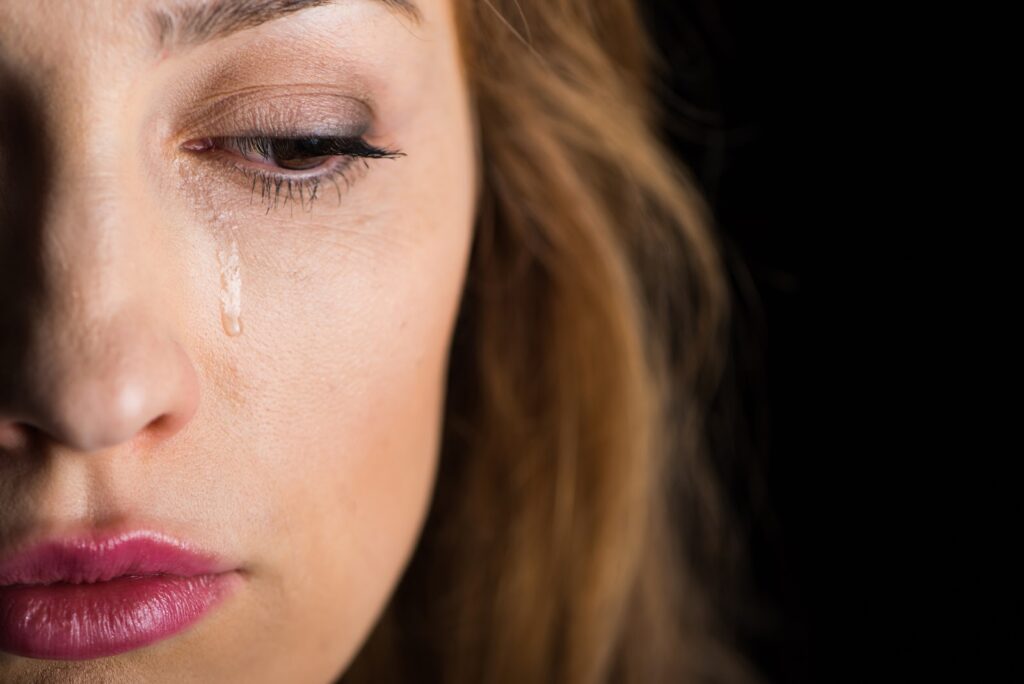Living with Major Depressive Disorder (MDD) can feel isolating and overwhelming. It’s a severe mental health condition that requires understanding, support, and appropriate treatment. Explore MDD, its causes, and the available major depressive disorder treatment in Los Angeles, California, at Montare Outpatient. Read on to learn how to cope with depression and how seeking help can significantly improve your quality of life.
MDD, also known as severe depression, is a severe mental illness characterized by prolonged sadness, lack of interest, and hindered daily functioning, differentiating it from mild or moderate depression. Understanding the disorder is critical to accessing appropriate treatment and support. The symptoms of MDD include prolonged sadness, anhedonia, and a lack of optimism about the future. Additionally, these may be accompanied by irregular sleep patterns, sudden changes in weight, low self-esteem, thoughts of suicide, intense guilt, and a lack of energy. These are common depression symptoms.
It has been estimated that between 5% and 17% of people are affected by disorders, such as MDD, at some point in their lives. Such prevalence underscores the need for practical understanding and treatment of the condition.
The exact cause of MDD is unknown, but it is believed to result from genetic, biological, environmental, and psychological factors. Studies have indicated that a temperamental inclination, genetic predisposition, and an individual’s childhood environment can increase the likelihood of developing mood disorders or disorders like bipolar disorder.

Major Depressive Disorder (MDD), often referred to as clinical depression, is a complex mental health condition that can significantly impact a person’s daily life. Recognizing the signs and symptoms of MDD is crucial for early intervention and treatment. Several factors may contribute to the development of Major Depressive Disorder, such as:
Now, let’s explore the common signs of Major Depressive Disorder:
MDD can manifest differently from person to person, but some common signs often include:
In addition to these common signs, MDD may also exhibit the following symptoms:
It’s essential to note that for a diagnosis of Major Depressive Disorder, these symptoms must be present for most of the day, nearly every day, for at least two weeks, and they must significantly impair daily functioning. If you or someone you know is experiencing these symptoms, it is crucial to seek professional help promptly. Effective treatments, including therapy and medication, are available to help individuals manage and recover from Major Depressive Disorder.

At Montare Outpatient, located in Los Angeles, California, we offer a range of evidence-based treatments for MDD. These options include:
Each treatment plan is tailored to your needs, ensuring the best possible outcomes for those with significant depression.
For those who show no response to medications and therapy for mild to moderate depression, alternative treatments like brain stimulation therapies may be an option. Electroconvulsive therapy (ECT) and repetitive transcranial magnetic stimulation are examples of these alternative treatments. The guidance of a mental health professional is crucial in considering these options and determining the best course of action for you.
Adopting healthy coping strategies and modifying lifestyle can alleviate MDD symptoms and enhance overall well-being. Some strategies to consider include:
For individuals undergoing treatment for Major Depressive Disorder, sleep is paramount. Irregular sleep patterns and disturbances can exacerbate depressive symptoms, so establishing a regular sleep schedule and creating a relaxing bedtime routine can be beneficial.
Uncovering purpose in daily activities can also aid in recovering from depression. Engaging in meaningful pursuits, such as work, volunteering, spiritual connections, and relationships with family and friends, can be empowering.
Consulting a healthcare professional and adhering to treatment plans are vital when managing depression. They can guide additional coping strategies and resources to supplement the treatment plan and further manage depressive symptoms.

Untreated MDD can lead to severe consequences, including increased risk of suicide, substance abuse, and physical health complications. MDD is the most commonly linked psychiatric diagnosis with suicide, emphasizing the importance of seeking help and addressing the condition promptly.
When the weight of Major Depressive Disorder (MDD) feels unbearable, it’s the right moment to reach out for the support and guidance you need. At our Los Angeles outpatient center, we stand ready to accompany you on your journey to recovery. We understand the isolation and overwhelm that often accompany MDD, and we’re here to provide the understanding and effective treatment you deserve. Take that crucial first step toward healing by contacting Montare Outpatient through our contact form and let us help you regain control of your life.
Montare Outpatient is a leader in providing evidence-based mental health treatment in Encino, California which is near Los Angeles. We strive to serve as a guiding light of hope and healing for individuals facing behavioral health challenges by offering the best mental health treatment and therapy available.